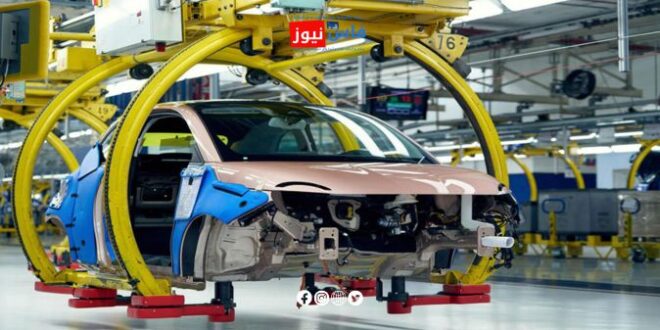In a significant development in the global automotive industry, Stellantis, the world’s fourth-largest automaker, has announced plans to cut its production capacity in Italy by half, while doubling its production in Morocco through the expansion of its plant in Kenitra.
The company revealed this week that it will halt production at its Italian factories in November to reorganize production. The Fiat Panda assembly line in Pomigliano d’Arco, near Naples, will be closed for nine days. Production of the FIRE engine at the Termoli plant will be suspended for two weeks, while production of other engines will be halted for four days.
Stellantis explained in a press statement that it is “facing a particularly complex period in its transition (to electric vehicles) due to a decline in demand for electric vehicles in the European market, which puts all manufacturers, especially European ones, in a difficult position.”
In contrast, the company plans to strengthen its presence in Morocco by expanding its plant in Kenitra. With an investment of €300 million, the plant’s capacity will increase from 200,000 to 450,000 vehicles per year. This expansion has also attracted several suppliers, including Forvia and Plastic Omnium.
This move has raised concerns among Italian unions, with thousands of striking workers demonstrating in Rome on Friday, October 18, criticizing what they described as the company’s “withdrawal” from Italy and the sharp decline in production. Since the merger of Peugeot, Fiat Chrysler in 2021, the number of employees in Italy has decreased by 40%.
Many Italian workers fear that their factories will be closed and relocated abroad, leading to job losses. These developments come at a time when the European automotive industry is facing significant challenges in transitioning to electric vehicles amidst slowing demand.
 فاس نيوز ميديا جريدة الكترونية جهوية تعنى بشؤون و أخبار جهة فاس مكناس – متجددة على مدار الساعة
فاس نيوز ميديا جريدة الكترونية جهوية تعنى بشؤون و أخبار جهة فاس مكناس – متجددة على مدار الساعة













